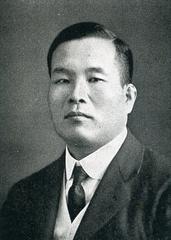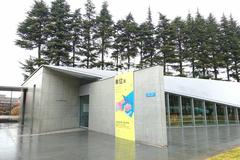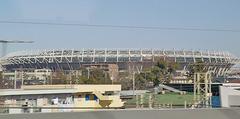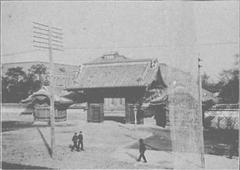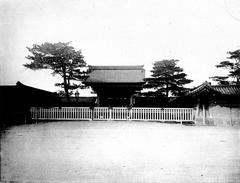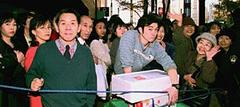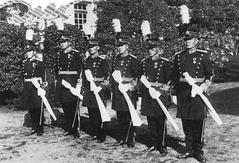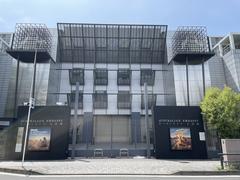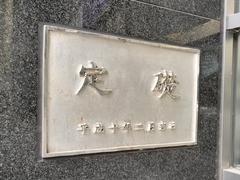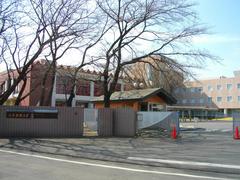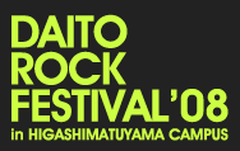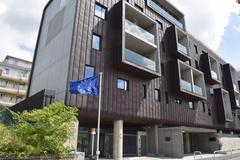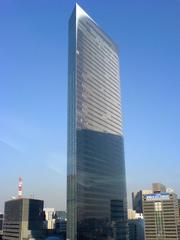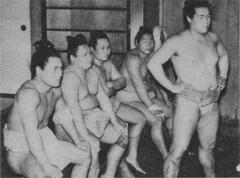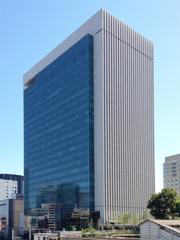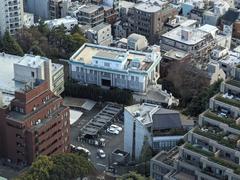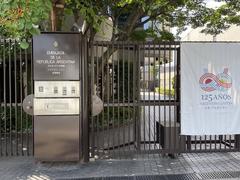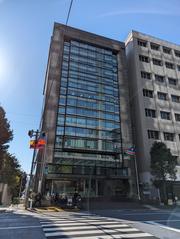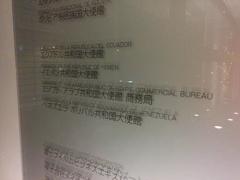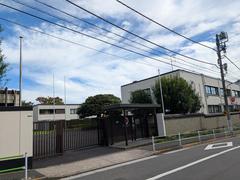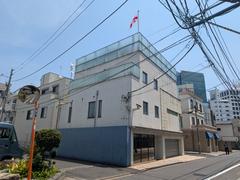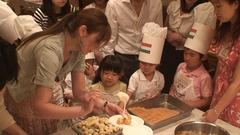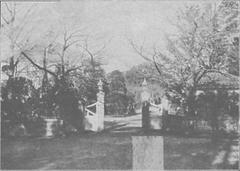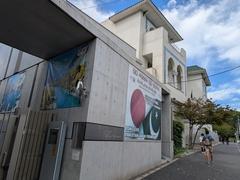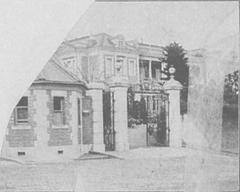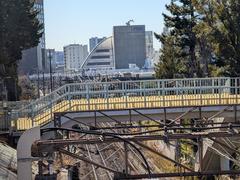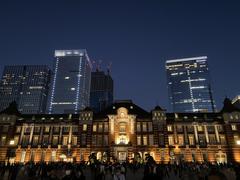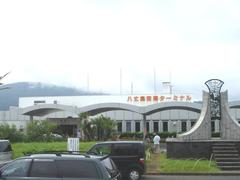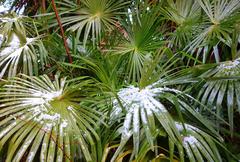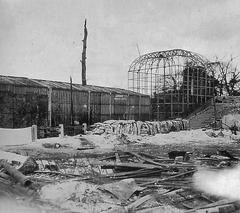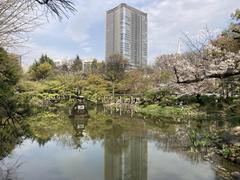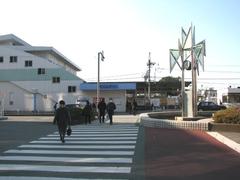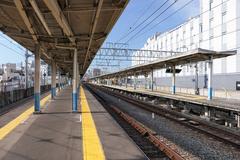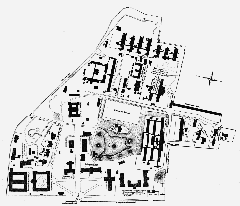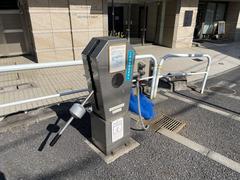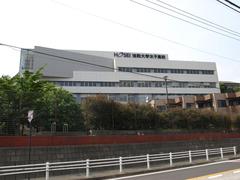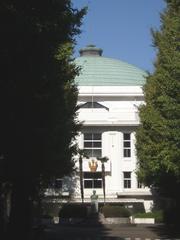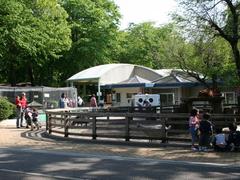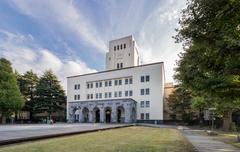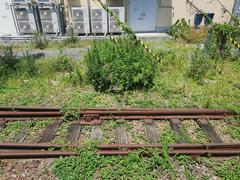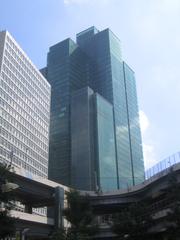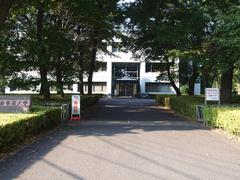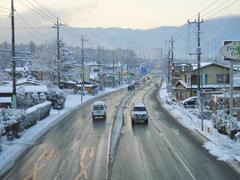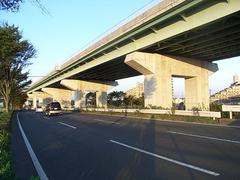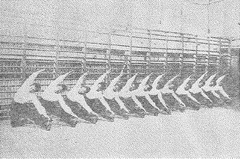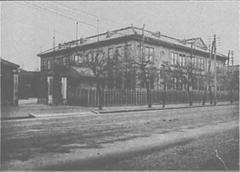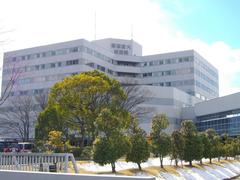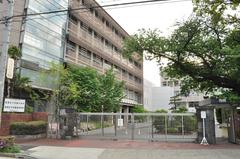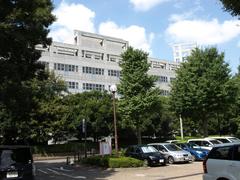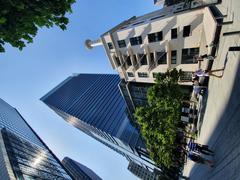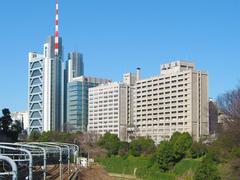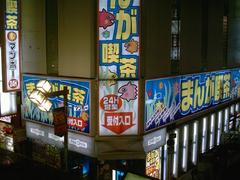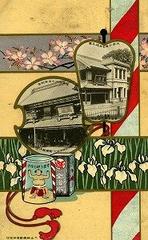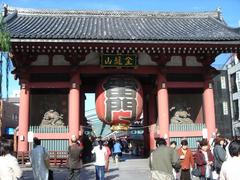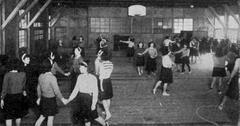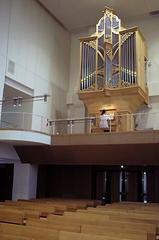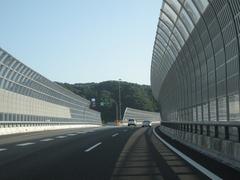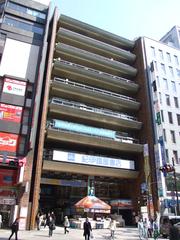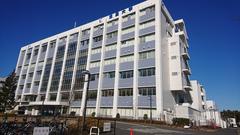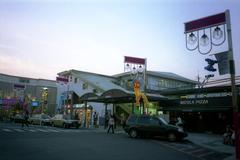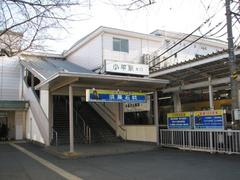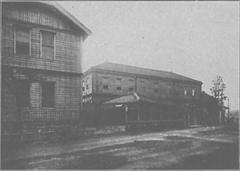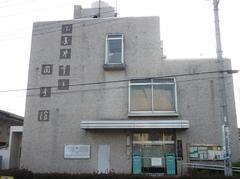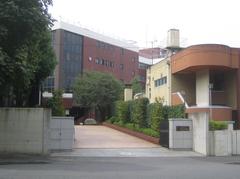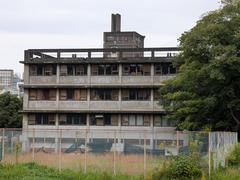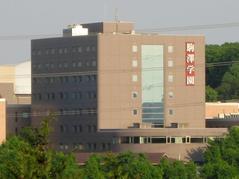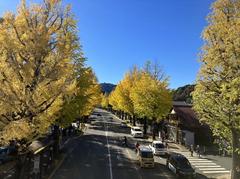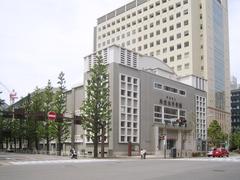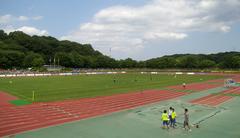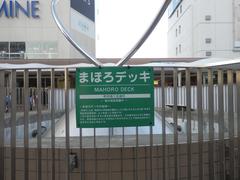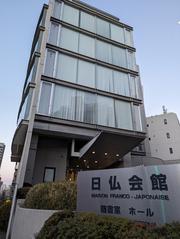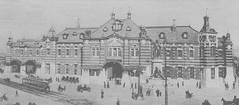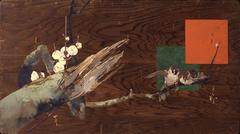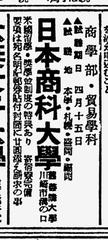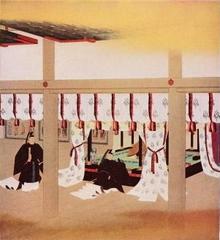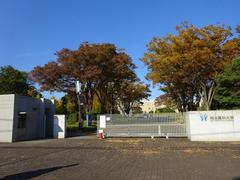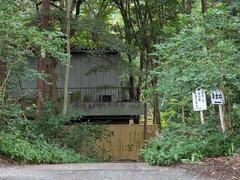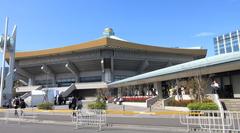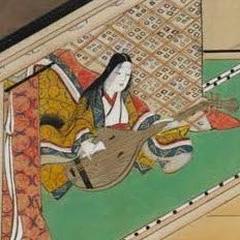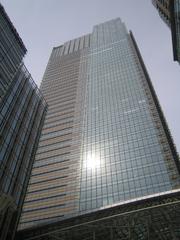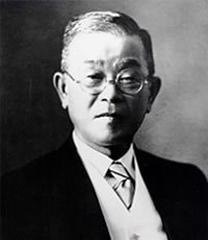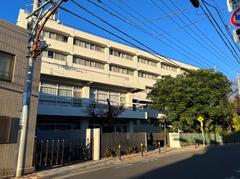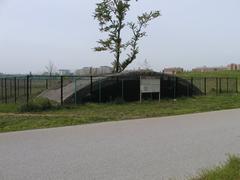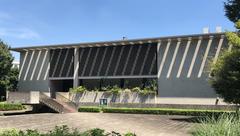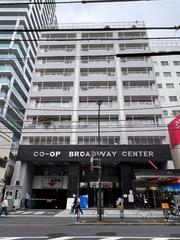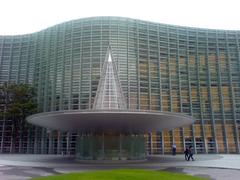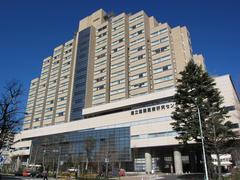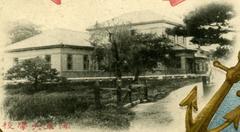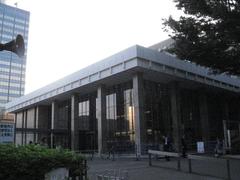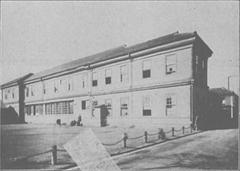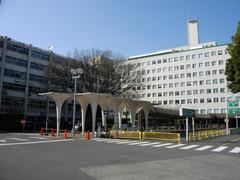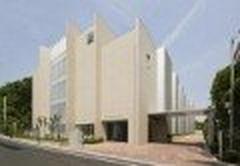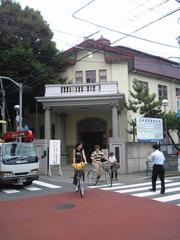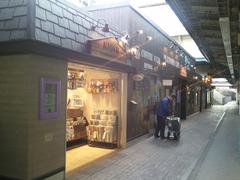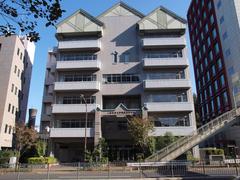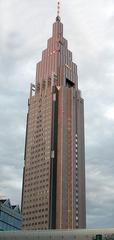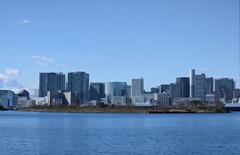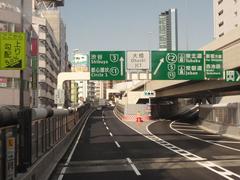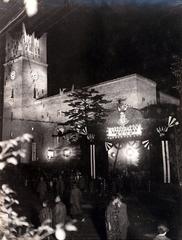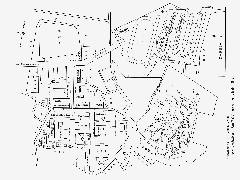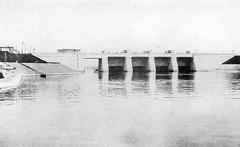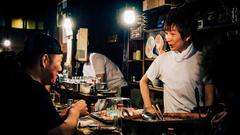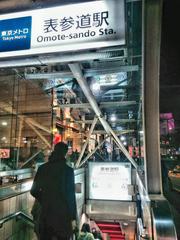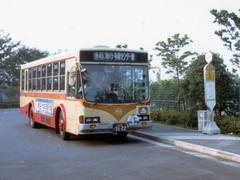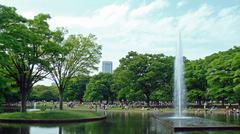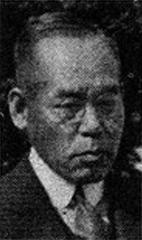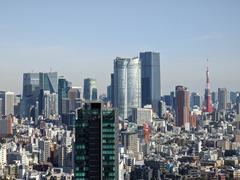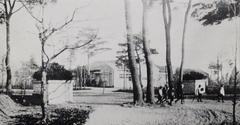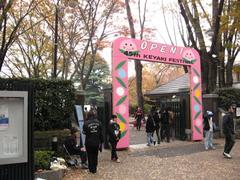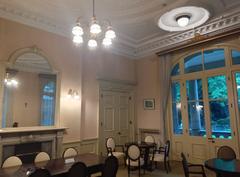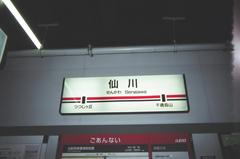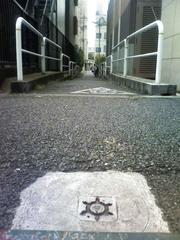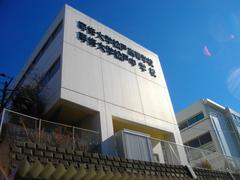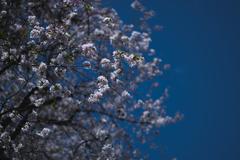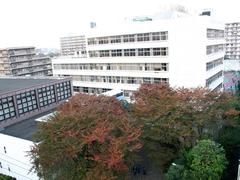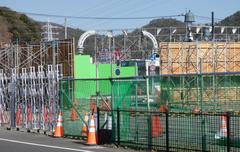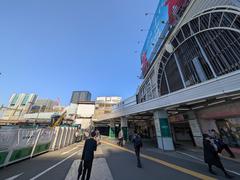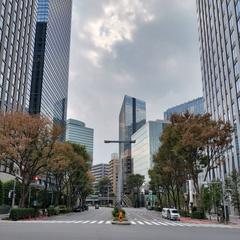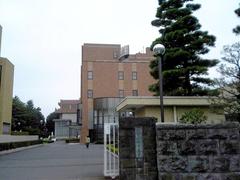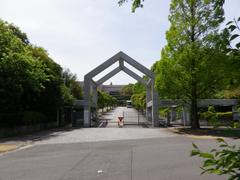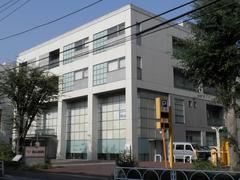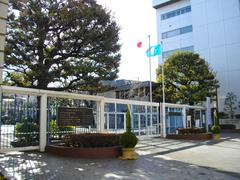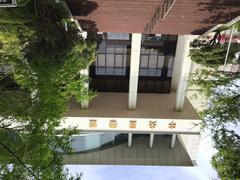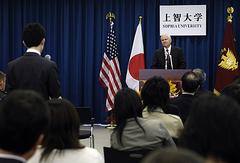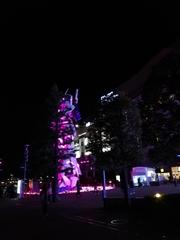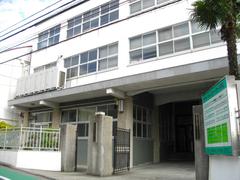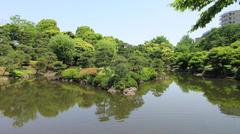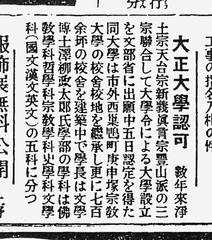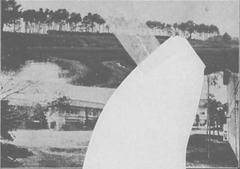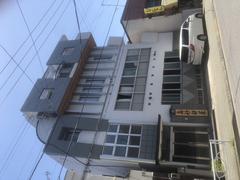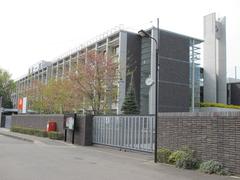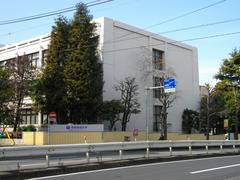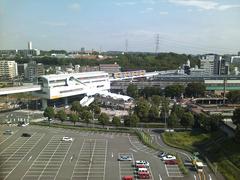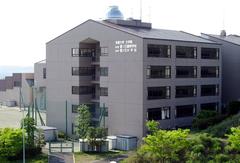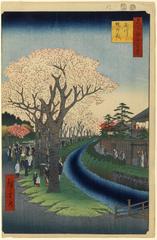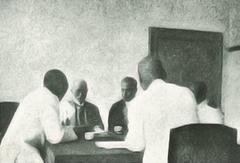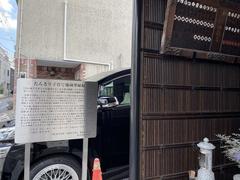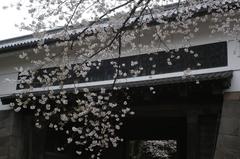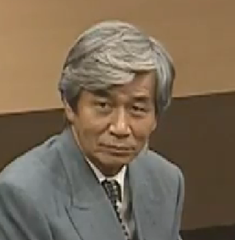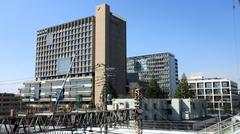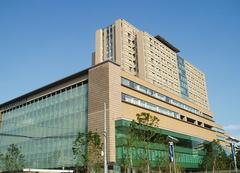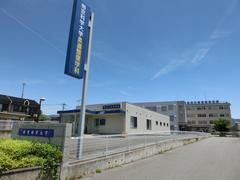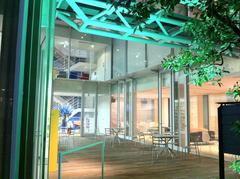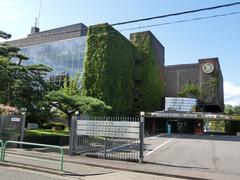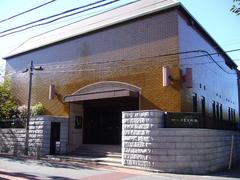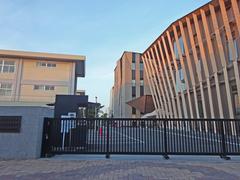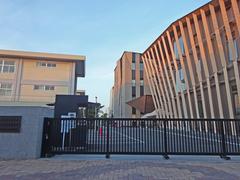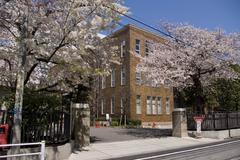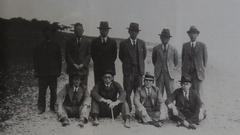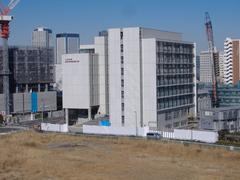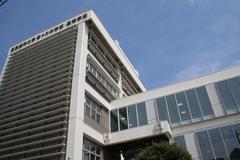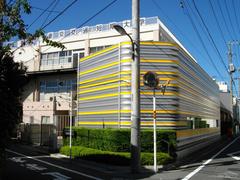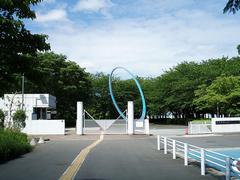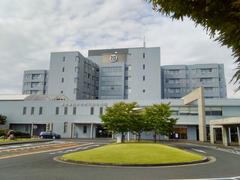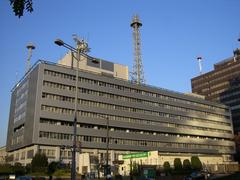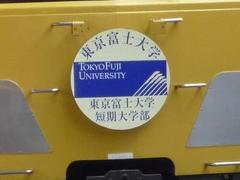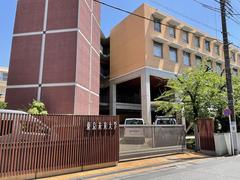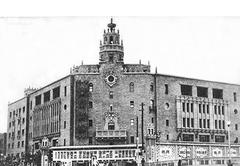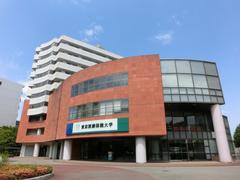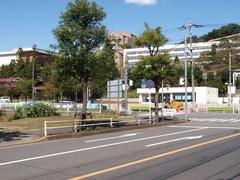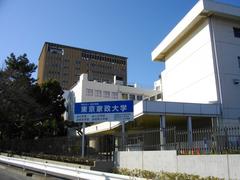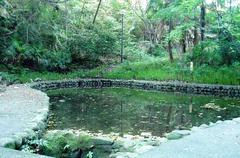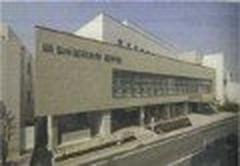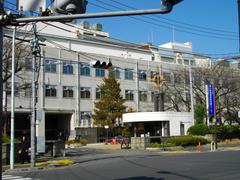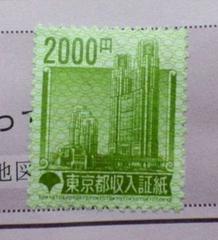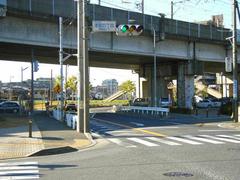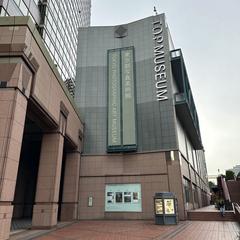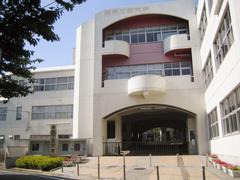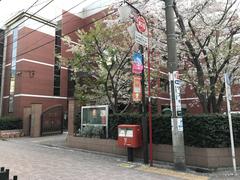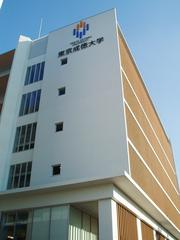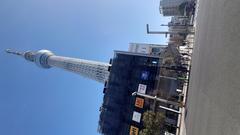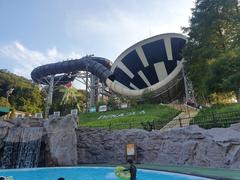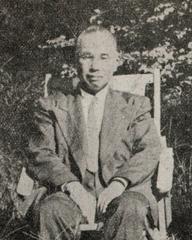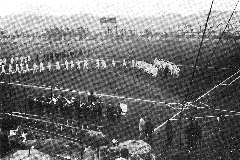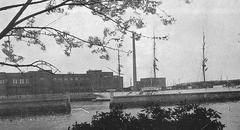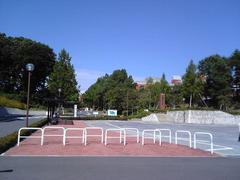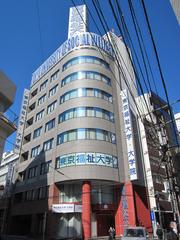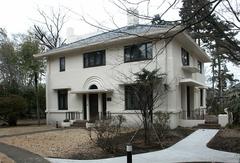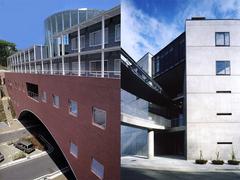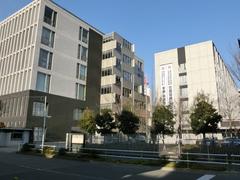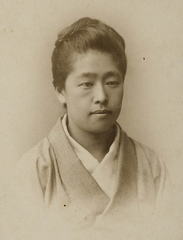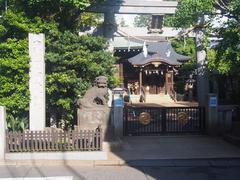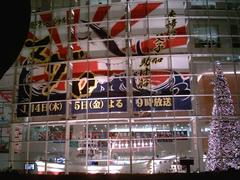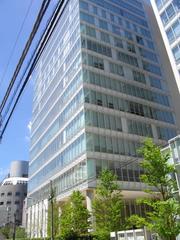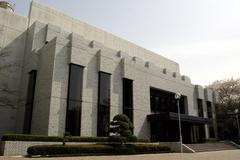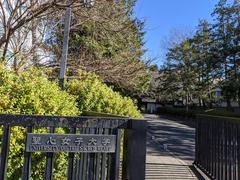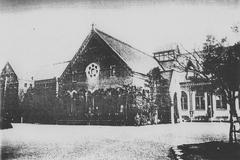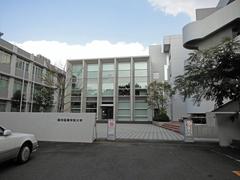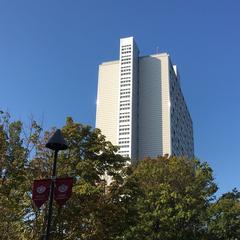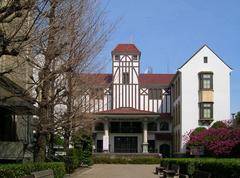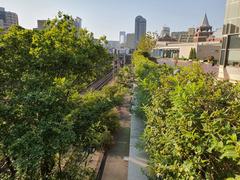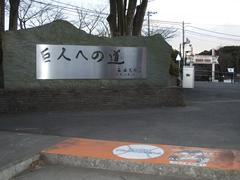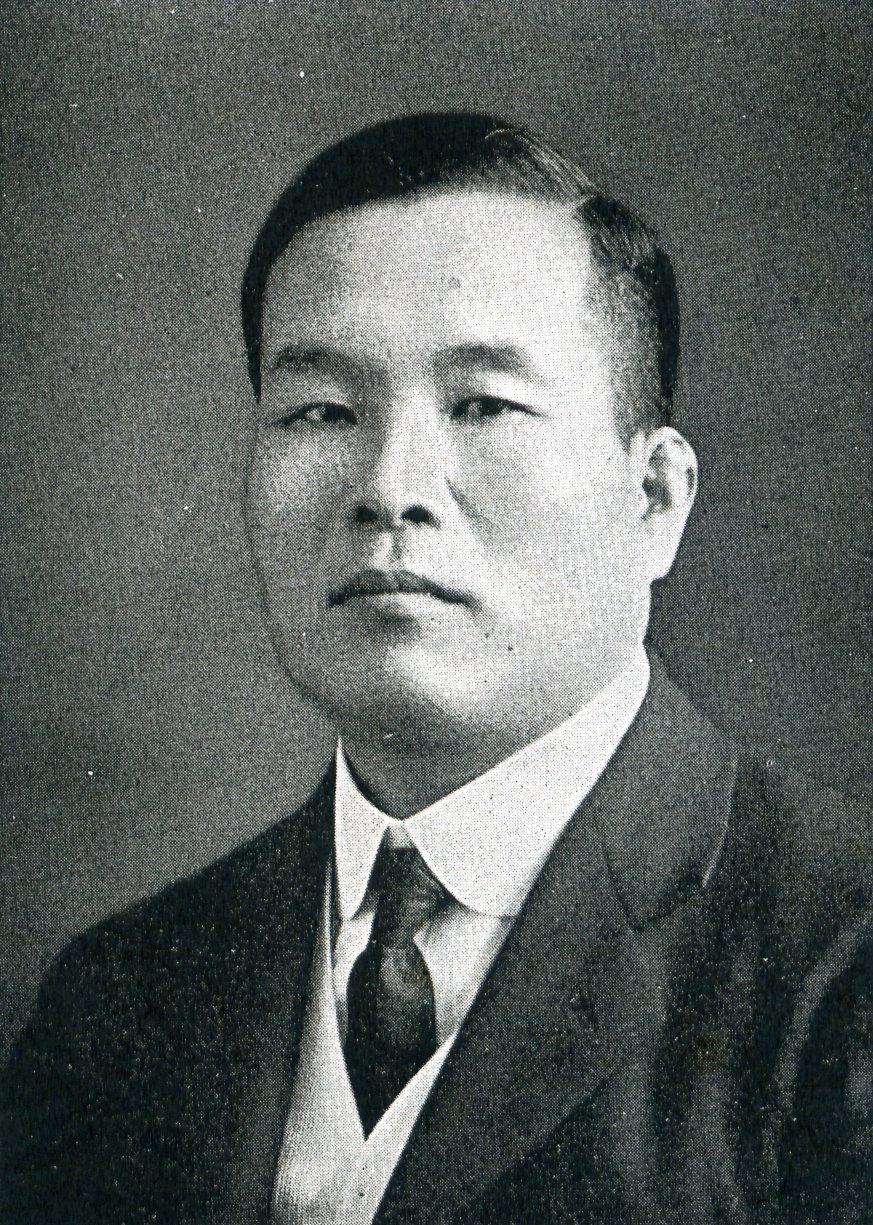
Mejiro University Visiting Guide: Tokyo, Japan – Tickets, Hours, and Attractions
Date: 14/06/2025
Introduction: Discovering Mejiro University and Its Role in Tokyo
Tokyo is a city where tradition, culture, and modern innovation interweave seamlessly. At the heart of this vibrant metropolis lies Mejiro University, a distinguished academic institution established in 1994. It has become a symbol of educational excellence, community engagement, and cultural enrichment. The university’s campuses and the surrounding Mejiro district offer visitors a tranquil, intellectually stimulating environment, making it an ideal destination for prospective students, travelers, and cultural explorers alike.
This guide provides a comprehensive overview of Mejiro University, its historical context, institutional values, practical visitor information, and the unique attractions nearby. Whether you are interested in touring the Shinjuku Campus, immersing yourself in the district’s serene gardens, or discovering the local art scene, this resource will help you plan a rewarding and insightful visit to Mejiro and its surroundings.
For up-to-date information, refer to the Mejiro University Official Website, Mejiro Tourism website, and Shinjuku Gyoen National Garden site.
Contents Overview
- Welcome to Mejiro University: History, Philosophy, and Campus Experience
- Historical Development of Mejiro University
- Institutional Philosophy and Educational Mission
- Academic Programs and Campus Life
- Visiting Mejiro University: Essential Information
- Visiting Hours and Campus Tours
- Accessibility and Travel Tips
- Visitor Amenities
- Discovering the Mejiro Monument: Visitor Guide
- Historical and Cultural Significance
- Visiting Information and Accessibility
- Nearby Attractions and Photography Tips
- Shinjuku Gyoen National Garden: Hours, Tickets, and Highlights
- Exploring Mejiro Neighborhood: History, Culture, and Practical Tips
- Cultural Attractions and Local Experiences
- Walking Tours and Hidden Gems
- Events, Seasonal Highlights, and FAQs
- Summary and Essential Travel Tips
- Sources and Official Links
Welcome to Mejiro University: History, Philosophy, and Campus Experience
Located in central Tokyo, Mejiro University offers visitors more than a typical campus tour. It is a gateway to exploring an academic culture rooted in tradition, social responsibility, and innovation. The university’s environment fosters personal growth, community contribution, and lifelong learning, making it a compelling destination for those interested in Japanese education and culture.
Historical Development of Mejiro University
Founded in 1994 under the Mejiro Gakuen Educational Foundation, Mejiro University has expanded rapidly. As of 2025, it comprises six faculties, 16 departments, and a graduate school with seven research divisions. The foundation’s legacy spans over five decades, especially in the field of living sciences.
The university operates three campuses:
- Shinjuku Campus: Humanities-focused, located in central Tokyo.
- Saitama Iwatsuki Campus: Specializes in health sciences and nursing.
- Saitama Hospital Campus: Supports medical and healthcare education.
This structure allows Mejiro University to offer a diverse, multidisciplinary academic environment to students from Japan and abroad.
Institutional Philosophy and Educational Mission
Mejiro University is guided by three core principles:
- Shu (修): Commitment to contributing to society.
- Shi (志): Passionate devotion to study and self-improvement.
- Shin (信): Gratitude toward those who support and nurture one’s journey.
These values shape a learning culture that emphasizes small-group instruction, strong mentor-student relationships, and a curriculum focused on specialized knowledge and adaptability. The university also encourages global perspectives through its Japanese Language Education Center and International Exchange Center.
Academic Programs and Campus Life
The university offers a broad range of programs, including:
- Psychology
- Social Work
- Media Studies
- Health Sciences
- Nursing
Specialized centers, such as the Ear Institute Clinic and the Medical Staff Training Center, integrate practical training and community outreach.
International engagement is a key focus, with language programs and cultural exchanges providing students with global competencies.
Visiting Mejiro University: Essential Information
Visiting Hours and Campus Tours
- Shinjuku Campus: Open to visitors from 9:00 AM to 5:00 PM on weekdays. Weekend access is limited.
- Campus Tours: Available by prior appointment, with English-language options upon request.
- Admission: Free for both self-guided and guided visits.
Accessibility and Travel Tips
- Location: 4-31-1 Nakaochiai, Shinjuku-ku, Tokyo. Accessible via Seibu-Shinjuku and Toei-Oedo subway lines.
- Accessibility: The campus is wheelchair-friendly, with ramps and elevators throughout.
- Nearby Attractions: Proximity to Shinjuku Gyoen National Garden and Meiji Shrine makes the university a convenient inclusion in a wider Tokyo itinerary.
Visitor Amenities
- Sustainability: Green campus initiatives and eco-conscious designs.
- Events: Public lectures, exhibitions, and workshops are regularly scheduled.
- Facilities: Cafeterias, bookstores, and information desks are available for visitors.
Frequently Asked Questions
Q: Do I need tickets to visit Mejiro University?
A: No, campus visits and tours are free.
Q: Are guided tours available in English?
A: Yes, on request.
Q: Is photography allowed on campus?
A: In public areas, yes. Please seek permission before photographing individuals.
Q: Are international visitors welcome?
A: Absolutely. International guests are supported through the International Exchange Center.
Discovering the Mejiro Monument: Visitor Guide
Historical and Cultural Significance
The Mejiro Monument is a historic landmark dating back to the Edo period. Originally established to commemorate notable figures and events, the monument exemplifies traditional Japanese design and the enduring legacy of the Mejiro district.
Visiting Information
- Hours: Open daily, 9:00 AM to 5:00 PM.
- Admission: Free. Guided tours are available for a nominal fee (bookable online or at the visitor center).
- Best Times: Weekdays or early weekend mornings for a quieter experience. Cherry blossom season is especially picturesque.
Accessibility
The monument grounds are fully wheelchair accessible, with paved paths, ramps, and rest areas.
Getting There
- Train: 10-minute walk from Nakai Station (Seibu Shinjuku Line).
- Car: Limited parking nearby.
Nearby Attractions
- Gakushuin University: Notable for its architecture and history.
- Mejiro Park: Tranquil setting for relaxation.
- Local Dining: Cafes and restaurants offer both traditional and modern Japanese cuisine.
Photography Tips
- Take advantage of morning or late afternoon light.
- Respect site rules—no drones or flash photography.
FAQ
Q: Are English tours available?
A: Yes, with advance booking.
Q: Are children welcome?
A: Yes, the site is family-friendly.
Q: What events are held at the monument?
A: Seasonal events like tea ceremonies and music performances. See the official website for schedules.
Shinjuku Gyoen National Garden: Hours, Tickets, and Highlights
Overview and History
One of Tokyo’s premier green spaces, Shinjuku Gyoen blends Japanese, English, and French garden styles. Originally a feudal lord’s estate, it became an imperial garden and has been open to the public since after World War II.
Visiting Information
- Hours:
- March–October: 9:00 AM–4:30 PM (last entry 4:00 PM)
- November–February: 9:00 AM–4:00 PM (last entry 3:30 PM)
- Closed: Mondays (or next day if Monday is a holiday), December 29–January 3
- Tickets:
- Adults: ¥500
- Children (under 15): Free
- Seniors (65+): ¥250
- Purchase at the gate or online (official site)
Getting There
- Subway: Shinjuku-gyoemmae Station (Marunouchi Line)
- Train: Sendagaya Station (JR Chuo-Sobu Line)
- Walk: Short distance from Shinjuku Station
Garden Attractions
- Japanese Traditional Garden: Ponds, teahouses, seasonal blooms
- English Landscape Garden: Expansive lawns
- French Formal Garden: Symmetrical flower beds
- Greenhouses: Tropical and subtropical plants
Visitor Tips
- Cherry blossom (March–April) and autumn foliage (November) are peak seasons.
- Picnicking on lawns is not allowed; pets are restricted to service animals.
- Most paths are wheelchair accessible; wheelchairs available to borrow.
- Personal photography permitted; commercial shoots require permission.
Exploring Mejiro: A Tranquil Tokyo Neighborhood
Location and Historical Context
Mejiro, in Tokyo’s Toshima ward, is a serene, upmarket district accessible via JR Yamanote Line at Mejiro Station (GaijinPot; Lexion13). Its name comes from the mejiro bird, once native to the area. The district’s history as a residential area for daimyo and nobility is reflected in its elegant streets and historic sites.
Academic and Cultural Prestige
Home to Gakushuin University (historically linked to the Imperial family) and Mejiro University, the area is known for its intellectual ambiance and cultural venues (GaijinPot).
Key Attractions
- Mejiro Garden: Traditional Japanese garden renowned for cherry blossoms and autumn foliage. Open 9:00 AM–5:00 PM (closed Mondays).
- Someya Memorial Art Museum: Features Japanese and Western art. Open 10:00 AM–6:00 PM (closed Tuesdays).
- Mejiro no Mori: Urban forest, open 24 hours, free admission.
- Gakushuin University Campus: Notable for its architecture; accessible during daylight.
Shopping and Dining
- Artisanal boutiques and craft shops (Lexion13)
- Independent bookstores
- Diverse eateries, from traditional soba restaurants to French patisseries
Walking Tours and Exploration
Mejiro’s compact layout invites self-guided walking or cycling tours, with notable stops at Mejiro Garden, art museums, and quiet residential streets (Lexion13).
Events and Seasonal Highlights
Spring cherry blossoms and June’s lush greenery are highlights (Time Out Tokyo). Festivals like Sanno Matsuri are easily accessible from Mejiro.
Practical Tips
- Access: One stop from Ikebukuro on the JR Yamanote Line (GaijinPot).
- Navigation: Pedestrian-friendly; bike rentals available.
- Accommodation: Book ahead during peak seasons (Lexion13).
- Language: Some English is spoken; translation apps are helpful.
- Etiquette: Respect local customs and privacy, especially in residential zones.
Hidden Gems
- Secret cafes, architecturally distinctive homes, and small shrines (Lexion13).
Frequently Asked Questions (Mejiro Neighborhood)
Q: What are Mejiro Garden’s visiting hours?
A: 9:00 AM–5:00 PM, closed Mondays.
Q: How do I buy tickets for local attractions?
A: Onsite at entrances; Someya Art Museum may offer online booking for select events.
Q: Are attractions accessible?
A: Most are wheelchair-accessible, though some outdoor areas may have uneven ground.
Q: When is the best time to visit Mejiro?
A: Spring (cherry blossom) and June (rainy season greenery).
Q: How do I get to Mejiro?
A: JR Yamanote Line to Mejiro Station.
Summary of Key Information and Travel Tips
A visit to Mejiro University and the surrounding district immerses you in a blend of academic distinction, cultural depth, and serene nature. From the university’s values-driven education to the historical Mejiro Monument and the tranquil Shinjuku Gyoen Garden, the area offers diverse experiences for students, travelers, and culture seekers.
Plan your visit using official resources for current hours and events, and explore the neighborhood’s gardens, museums, and local shops for an authentic Tokyo experience. Accessibility, guided tours, and multilingual support make Mejiro welcoming to all.
For further information and planning, consult the Mejiro University site, Mejiro Monument guide, and Shinjuku Gyoen National Garden page.
Sources and Official Links
- Mejiro University Official Website
- Mejiro Monument Visitor Guide
- Shinjuku Gyoen National Garden Official Page
- Mejiro Neighborhood Guide (GaijinPot)
- Mejiro Neighborhood Guide (Lexion13)
- Tokyo June Events (Time Out Tokyo)
